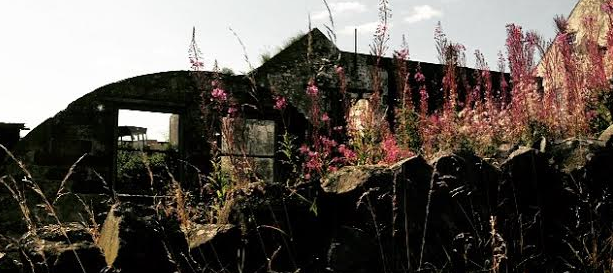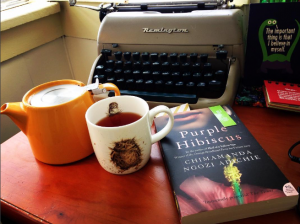 Looking back
Looking back
When I first started this class, I was apprehensive about how I would handle learning in an academic and peer involved environment as I had been out of school for a number of years and not used to receiving feedback on my work. As I am naturally introverted, the group setting caused me to instantly put walls of self-preservation in place. However, the first few weeks proceeded to illustrate how working with a group can actually help to create confidence and inspire better writing practice through honest and supportive collaboration. Throughout all of our assignments, I was extremely appreciative to have my group around me to boost my confidence in my writing skills and more importantly, offer guidance in my work to help me become a better writer.
The modules in this class have all been valuable as each of them provided me with a new way to think and approach writing. However, the most important tool that I have learned was the ability to self-reflect. Throughout the assignments, and the subsequent preparation and writing that was involved in them, it was the process of looking back at my work to figure out exactly what I had learned that has really proven to strengthen my writing. It was the discovery of this that led me to reaffirm an important knowing about myself: I learn best by application. This self-awareness will only continue to help me as I grow in the university environment.

 Module 5: Writing to Argue.
Module 5: Writing to Argue. Module 4: Writing to Synthesize.
Module 4: Writing to Synthesize.